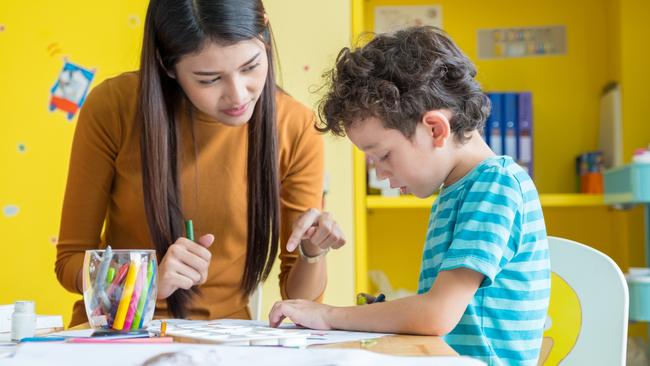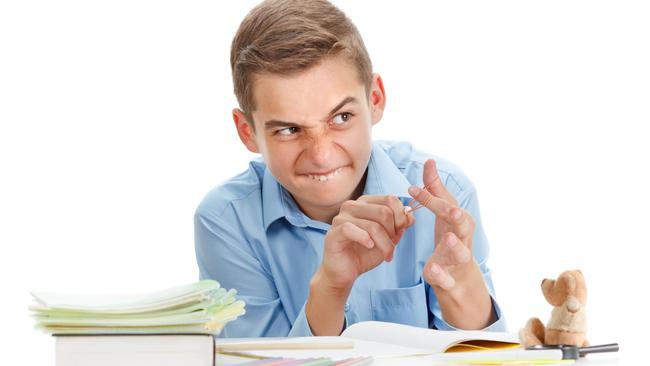USC education lecturer Dr Alison Willis offers practical advice for parents keeping their kids out of school
Here is some practical advice for parents who are keeping their children from school home during the coronavirus outbreak.

Moreton
Don't miss out on the headlines from Moreton. Followed categories will be added to My News.
AN EDUCATION expert has offered some practical advice for parents who have chosen to keep their children at home over coronavirus fears.
Queensland Premier Annastacia Palaszczuk has said Queensland state schools would remain open but that parents could keep their children home if they preferred.
Off the wall home learning activities
USC Education lecturer Dr Alison Willis said one of the most important things for parents to think about when keeping children home was to remember you are a parent first.
“Often people can feel disheartened — that’s normal, working with kids is tough, especially when they are your own,” Dr Willis said.
“Be kind to yourself and give yourself time to settle in.”
When starting a new routine for learning at home, Dr Willis suggested “not to be a sergeant-major about it”, but bring it in softly.
“A clock could be a parents best friend at this point so the kids are not just floating through the day,” she said.
“Each day have practical times for doing things. For example, get all their breakfast and hygiene done by 8am, then have outside time for an hour.
“Children focus better after they have had a run around.

“Then get them inside to do some writing or maths or some productive learning.
“Set times for using technology, say about 10.30am and 2.30pm each day.
“You also might want to do creative play in the afternoon like with LEGO or similar.
“Also don’t forget to give them some time for themselves.”
She said learning at home was a good opportunity to improve a child’s reading or writing “stamina”.
“If they only can sit and read for five minutes the first day, then increase it to five-and-a-half minutes the next day,” Dr Willis said.
“I think that is often the most disheartening thing, when the children don’t focus. Just try and build up their capacity by gradually increasing the time.”
While many adults were feeling worried about the impacts and spread of the COVID-19 virus, young children may also be concerned and Dr Willis said there were things parents could do to help reduce that stress.
“With kids, storytelling can be a great way to help them process their stress. Writing a story about what is going on and how they are responding to it, it’s a great way for kids to work out in their heads what’s going on,” she said.
“Younger kids could even draw or older kids can use technology to illustrate what life is like at learning at home.”
UniSA educational psychology and child protection expert Dr Lesley-anne Ey said that as the pandemic developed, parents would increasingly be looking for ways to rationalise the state of play to their kids.
“For parents, the most important thing is to maintain a sense of calm around your kids,” she said.
“Shield them from too much sensationalist TV news but be honest about what’s happening in the world.
“No matter how old they are, all children still need hugs and affection from their parents.
“Together, these are the keys to making your child feel safe, loved and secure.”


